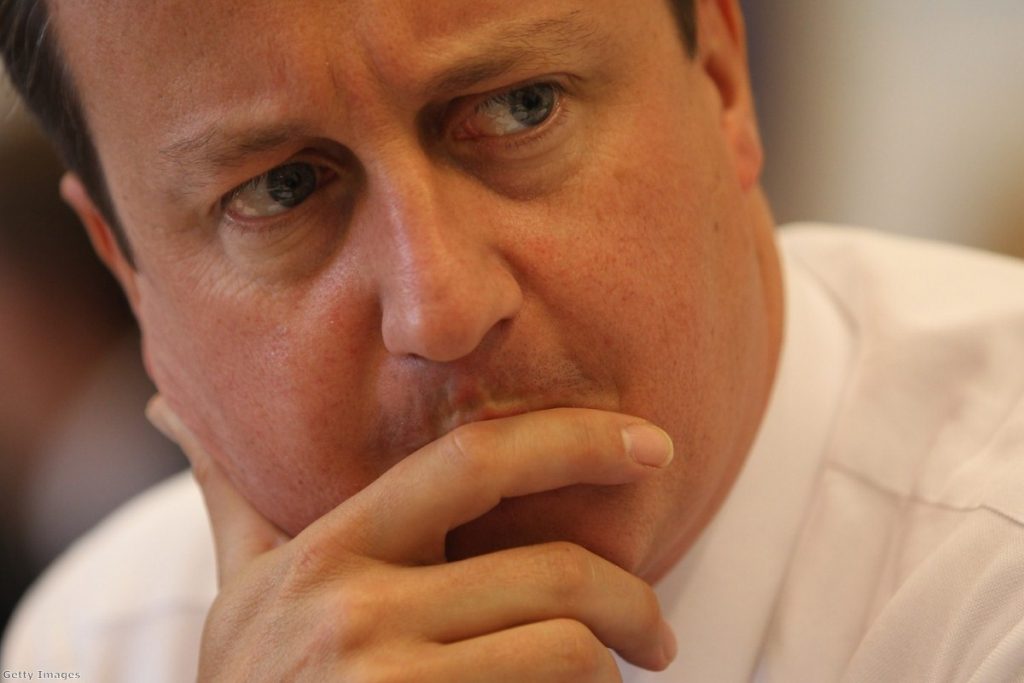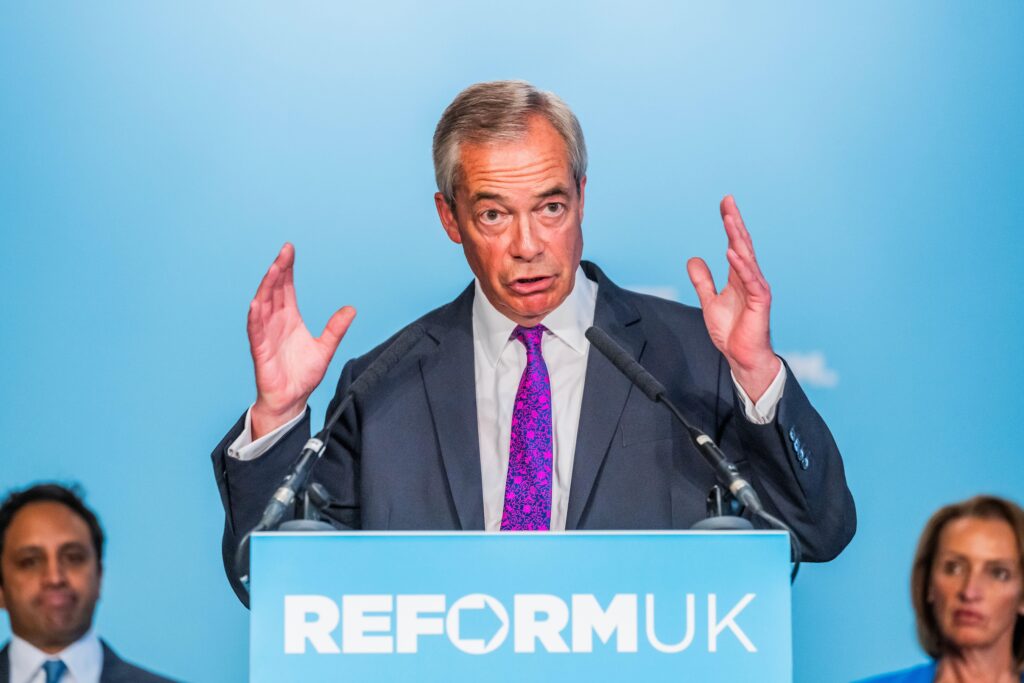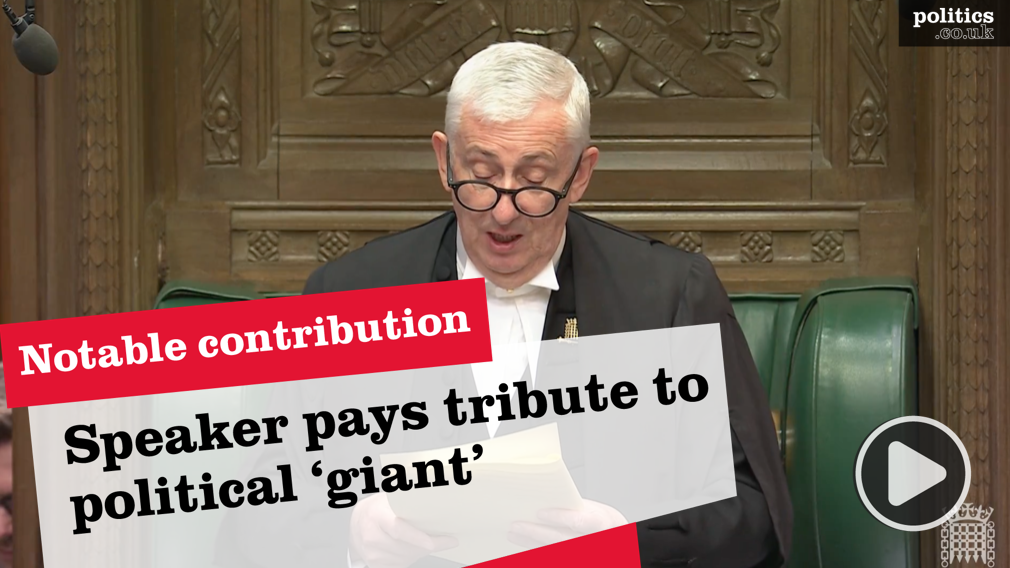Week in Review: A government of tiny talents
If the reshuffle revealed David Cameron's assessment of his ministers, we must fear for his judgement.
Out went Dominic Grieve, whose sincere and reliable legal advice served the prime minister well. Out went Ken Clarke who – although he had been side-lined since being moved from justice – offered the Tories some much-needed affable charm and name recognition. Out went David Willetts, one of the most well-liked and smart men in government, whose notions of civic Conservatism were part of early-era centrist Cameronism, if indeed such a thing ever existed. Out went Alan Duncan, who stood firm on Britain's international development obligations and had for some time been the only Tory MP with the bravery to announce his sexuality, back when doing so did not guarantee that one's bravery would be recognised.
And look who stayed: Iain Duncan Smith, whose mismanagement of the universal credit system has cost the taxpayer millions, the details of which have been muddied over in countless misleading public appearances and expensive legal battles. Chris Grayling, the lord chancellor who this week was accused by the high court of actually trying to end equality under the law. Grant Shapps, a man so lacking in character it is possible to look through him even when one's eyes are directly upon him. Eric Pickles, who is not even taken seriously by his own colleagues, is still in charge of local government.
It is as if the prime minister went searching for signs of intellectual rigour and swiftly ejected it from his government.


But of course, the decisions were not made to punish the able-minded, even though that is how they appear. They were made to satisfy Lynton Crosby's idea of what will make a well-oiled Tory machine. Potential liabilities were dropped, the image of the party smartened up, and obstacles to a full-blooded right-wing election strategy have been removed.
There was no effort to cover this up. Within hours the Tories were talking about taking Britain out of the European Convention on Human Rights – a move Grieves had warned was illegal. It would put the UK on a similar footing to the thuggish governments we condemn around the world. The next day the party was promoting plans to radically tighten up strike laws. It was also developing a laser-like focus on tax increases for middle-Britain, the danger of which is supposedly very high under Labour. Harriet Harman spent much of the week apologising for believing in progressive taxation.
Each of the measures are intended to seduce back Ukip supporters to the fold and keep Cameron's backbenchers in line at least until polling day. They will undoubtedly succeed at least partially on both counts. And, as Crosby will have assured the prime minister, the measures also enjoy public support.
The Tories should not rely too much on that last part. Yes, a recent YouGov poll showed 43% support Britain withdrawing from the European Convention, while 39% oppose it. But it's a slim difference which might not make up for the strength of feeling among those who will fight tooth-and-claw to stay in.
The coalition are certain the public want fewer strikes because of the anger among service users when people do take industrial action. YouGov recently found people would support a minimum 50% turnout for strike votes by a margin of 56% to 24%. But the picture is complex. A recent Survation poll found people supported the last public sector strike by 61% to 31% and overwhelmingly wanted public sector workers to be paid more. Two thirds of tube users feel industrial action is justified as a last resort.
One feels the Tories have concluded too much from the popularity of their welfare reforms. It's true that few sanctions against unemployed welfare users seem sufficient for the public. But many Conservatives have extrapolated from this a support for a broader right-wing economic programme which simply does not exist. The public are not opposed to trade unions, even though they may not wish to join one. They want well-funded, publicly-owned public services even though they think Labour made a mess of the economy.
Apart from the complexities of the polling picture, the drastic move to the right showed once again how unreconstructed the Tory party is. Its concerns remain in the shires. Even the last traces of Cameron's modernisation process have been jettisoned. Any notion of appealing to young or centrist voters has been forgotten. The party is slinking back to its safe place, on issues which only a minority care about.
For Ed Miliband it must be a bitterly ironic spectacle. Barely a week goes by without someone comparing his modest ideas to the election-losing socialism of Michael Foot. And yet Cameron has implemented a government programme which is arguably to the right of Thatcher and then stripped it of any remaining moderation. But barely anyone makes the claim that he is an outdated relic of the ideological past.
The Tory hope is that the image of bright young women will blindside the public to the reactionary content of what they are saying. It is not a sound hope to base a general election campaign on, nor an appealing one.












